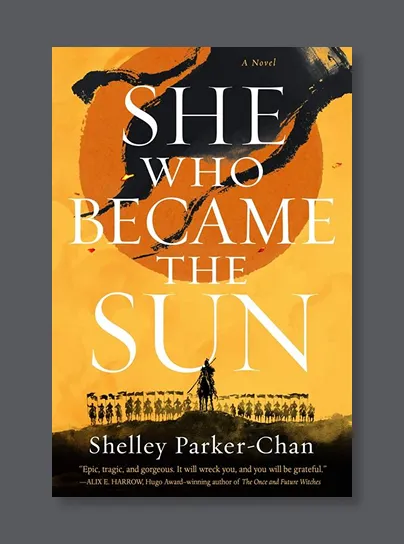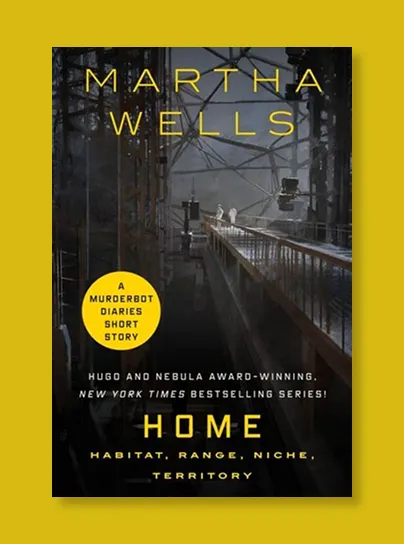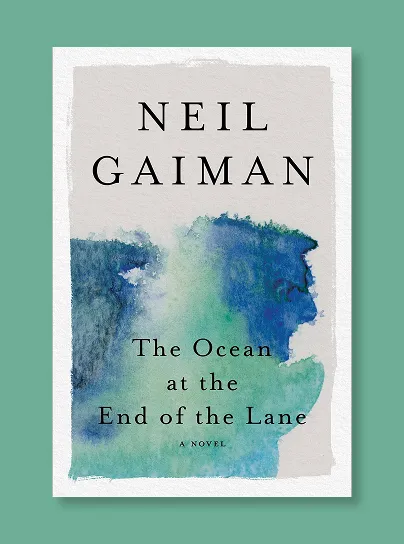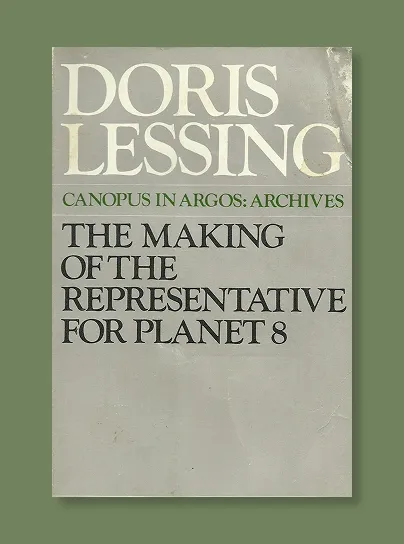
She Who Became the Sun
This novel, by an Australian gender queer and gender binary person, came about from a dinner party in which the participants were complaining that they couldn’t find the kinds of books that they wanted to read.
This is a rags-to-riches story of a girl born into the lowest rung of the socio-economic ladder who does whatever it takes to reach what she feels is her destiny.
It’s a long, bumpy road to success but her belief in herself is so strong it creates a white-hot aura around her that helps gather allies and pushes her forward on her path. She is determined to be great.
The Zhu family’s second daughter, who was more or less ten years old in that parched Rooster year, was thinking about food as she followed the village boys towards the dead neighbor’s field. With her wide forehead and none of the roundness that makes children adorable, she had the mandibular look of a brown locust. Like that insect, the girl thought about food constantly. However, having grown up on a peasant’s monotonous diet, and with only a half-formed suspicion that better things might exist, her imagination was limited to the dimension of quantity.
At that moment she was busy thinking about a bowl of millet porridge. Her mind’s eye had filled it past the lip, liquid quivering high within a taut skin, and as she walked she contemplated with a voluptuous, anxious dreaminess how she might take the first spoonful without losing a drop. From above (but the sides might yield) or the side (surely a disaster); with firm hand or a gentle touch? So involved was she in her imaginary meal that she barely noticed the chirp of the gravedigger’s spade as she passed by.
In the first few pages, the author sets the scene so well that I could taste the dust in my mouth and feel the oppressive dry heat of the plains where the protagonist lives.
The book brings to life a time and place that I have had zero exposure to: the mid 1300s on the border between Mongolia and China.
The story deals with gender identity, the power a person holds to create the reality they desire (if they allow themselves), politics at the highest levels, familial duty, different shades of love, fate, and what people will do to claim theirs. Does fate arrive on its own or do we need to take action to make it ours?
She extended her closed left hand, and desired. She felt a disconcerting sensation of opening—of connecting to the world and everything it contained, alive and dead. To everything under Heaven. She gasped as the power ran through her. In an instant the seed of brightness inside her was a blaze, blasting her clean of every other thought and feeling until all that was left was the blinding, ecstatic pain of looking into the sun. She was burning with it; she was on fire with her belief in her own shining future. It was agonizing. It was glorious. She opened her hand.
There were only two things, in the writing, that I felt were a bit off. One is the overused phrase “For all that there…”, “For all that this…” and “For all that she…” There are other ways to get across what the author wanted to say without the use of those phrases and it’s a shame she didn’t try something else.
The other thing is that the sex could have calibrated a bit better. There is one nearly-chaste kiss and a scene of fisting. It's as if the author needed to prove that point that lesbians have "real sex" (as if penetrative sex is the only "real sex" there is). In my opinion, that choice was a bit heavy-handed (no pun intended).
Finishing this book, I felt there were too many ends left hanging; pivotal people who simply walked off and a fate yet unattained. So I was glad to learn that an initially-unplanned sequel was published in 2023.
Notwithstanding the over-arching path of a woman taking what she wants by any means necessary, the book is dark, the patriarchal perspective is pervasive, and there are very few scenes of kindness or compassion. It is, however, a riveting story and an excellent debut novel.



